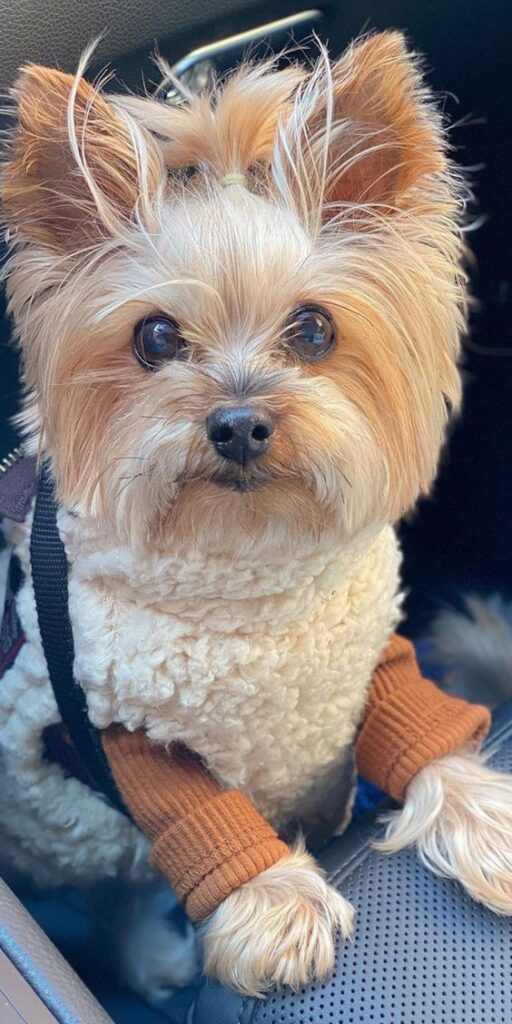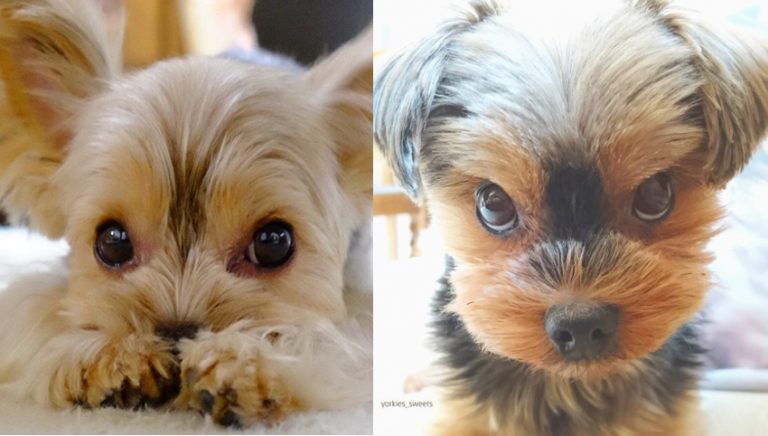Many wonder why their pet eats when they’re with them, but when they’re away, nothing. What goes on in dogs’ minds, and why do some end up losing their appetite? In absolute terms, this isn’t abnormal behavior – in fact, it’s more common than you might think.

Feeding is the basis of canine health and partly a reflection of emotions: once again, your dog is trying to make you understand something. Understanding the reason for this behavior is essential if you want to help him and change what has become a habit. If he continues like this, he could get worse and damage his health. In this article from PlanèteAnimal, we’ll answer the question “Why won’t my dog eat if I’m away?” and help you see things more clearly.
You may also be interested in: Destructive dog – My dog destroys everything when I’m away
It’s very important to point out that dogs are sociable animals by nature. In the wild, they would hunt and eat in groups, a natural behavior also adopted by other canids such as hyenas and wolves.
Many people have formed such a close bond with their dog since he was a baby that even when it’s time to eat, he’s eager to participate and do so at the same time? Could your dog be one of them? Have you got him used to eating with you, whether in the dining room or the kitchen? Then eating without you is not an option for him. He’ll only choose to eat alone when he knows you’re home. Even if you don’t eat at the same time, he’ll enjoy your presence while you do.
Why won’t my dog eat when I’m away? – Dogs are sociable animals
In hostile territory
A lot can happen when you leave your dog home alone: an alarm, a visit from the letter carrier, noisy work, etc. While some dogs have integrated the idea of being left alone for a few hours, others, who are more sensitive, will find it hard to relax and will spend most of their time jumping at every noise, no matter how small.
It’s not your absence that affects them so much, it’s the fact that they don’t feel safe in this environment, and therefore can’t protect their home properly. Remember, dogs are territorial animals, so this inconvenience will be reflected in their loss of appetite. As soon as you return home, your dog will feel more at ease, knowing that you’re protecting him.
Why won’t my dog eat when I’m away? – In hostile territory
He doesn’t like being without you
One of the most common problems with dogs is post-separation stress. Basically, this means that your dog doesn’t like being alone without his best human friend, so he won’t eat in your absence. In this case, it’s not a question of the environment, but a lack of the person. This is both a physiological and psychological way of expressing their frustration.
Not all dogs suffering from this type of stress stop eating, but it’s a fairly common scenario. Some dogs going through this stage may skip meals but continue to eat from time to time, while others won’t even go near the bowl.
But there’s more to it than that. When a dog suffers from post-separation stress, you need to analyze the symptoms as a whole: does he show other destructive behaviors when you leave the house? Does he break, soil or bite things? Does he bark constantly? If the answer is yes, then your dog does fall into this category.
In that case, the best thing to do is to take him to an ethologist, dog trainer or trainer, or try to rehabilitate him yourself from home. However, don’t forget that in the long term, this problem can become very serious, and the safest thing to do in this situation is to seek professional help.
Why won’t my dog eat if I’m away? – He doesn’t like being without you
How can I get him to eat while you’re away?
The strategies to be adopted to solve this problem vary greatly depending on the causes that have prompted him to act in this way. You need to be aware that, depending on the seriousness of the case, the problem may take a few days or a few years to resolve. The process will be gradual. Changing this kind of habit and behavior is not easy, but it’s not impossible either. PlanèteAnimal invites you to follow these tips to start the process at home:
Allow your dog to gain confidence by inspiring safety every time you leave the house. Don’t overdo it






